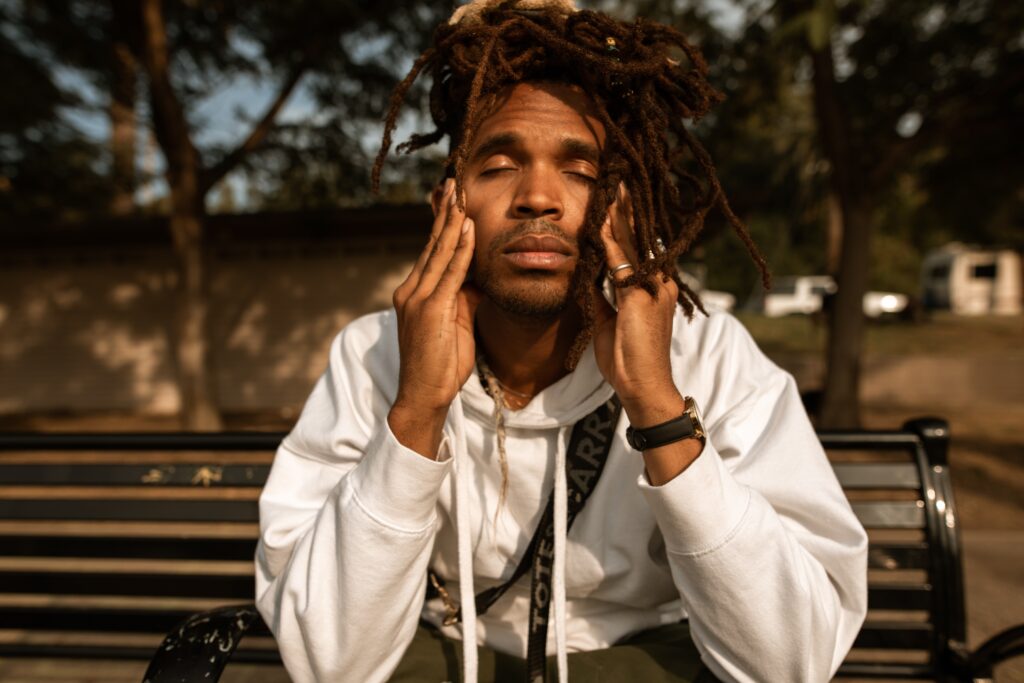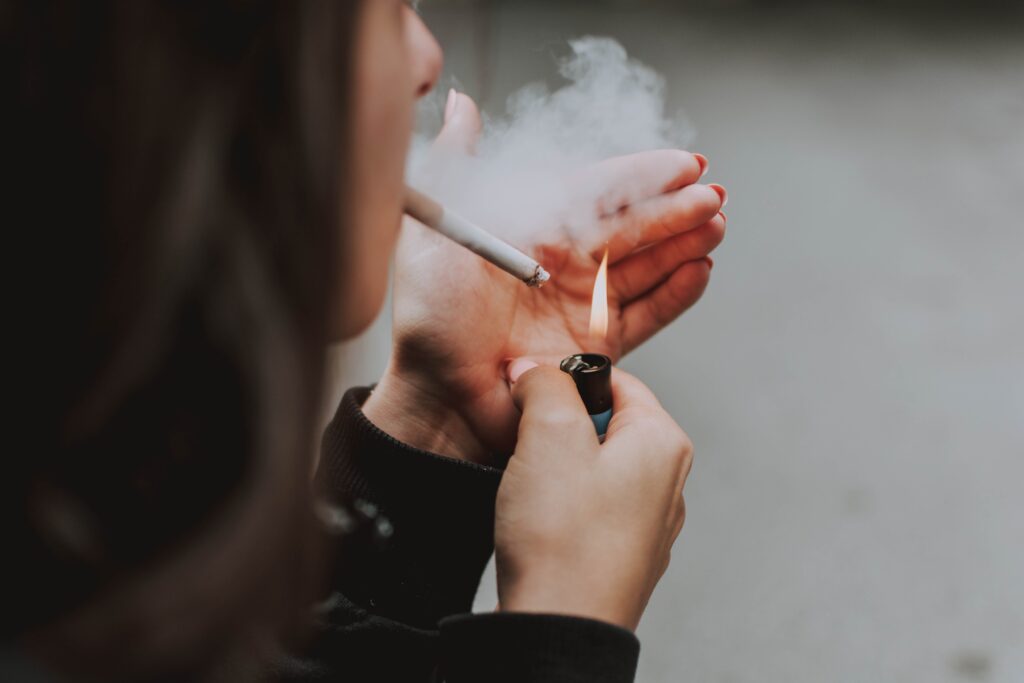5 Signs a Habit is Becoming a Problem

Not all habits are bad. We develop habits based on the things we enjoy, the goals we wish to achieve and the people we find ourselves involved with. Some habits are related to other things such as compulsions or addictions. No matter where your habit comes from, all habits occur through repetition and can be defined as routine behaviors. Some habits may seem very innocent. Some habits are even good. So it may seem like there is no downside. However this is when we should be extra cautious. We are typically aware of the negative reputations of bad habits in society but we don’t often look at how our good habits affect us as well. Here are five signs that your habit, whether it is good or bad, is becoming a problem. Please note that some habits can become addictions, however, according to a study by Y. Vandaele and S.H. Ahmed (2021) addictions do not only occur from habits. There are many factors involved in creating addictions.
- It’s Affecting Your Relationships
Our positive and negative habits can both take a toll on our relationships. Sometimes these habits are even formed, in part, by our social lives. Negative habits such as alcoholism, drug use and gossiping can drive our friends and partners away as we become intolerable. Others that might seem positive, such as the habit of overworking, can be detrimental to the health of our friendships and love lives. You can tell that these habits are affecting your relationships by reflecting on your relationships and seeing if anyone has begun to avoid you since the habit became noticeable. Oftentimes our loved ones will directly tell us, for example, to cut down on drinking, take a break from work to visit or go out with them, or that they are worried about a recent habit of ours. In these moments we should reflect and truly acknowledge what they are saying. If we can come to the conclusion, with a clean conscience and without a doubt, that our habit is not a problem (or not even a habit) then there is no harm. But if we are told or warned repeatedly then it is the time for action and time to unlearn these damaging habits.

- It’s Affecting Your Health
It isn’t only the health of our social and romantic relationships that are negatively affected by our habits but there are a lot of habits that can directly, negatively, impact our physical health. It may sound obvious that habits such as smoking, drinking or drug use may affect your physical health but there are some subtle things that we should all be looking out for that can be a side effect of our habits.
We could be replacing healthy habits with bad ones. Do you find yourself avoiding or neglecting some of your healthier habits? Perhaps you have gotten into the habit of watching a new TV show in the time that you used to exercise. Perhaps you have made a habit of rewarding yourself with an unhealthy snack where you used to make a habit of choosing healthier options. These are habits that change your lifestyle and will affect your health over time. Even making a habit of overworking can affect your health over time, as found in a study by D.S. Ke (2012) , where the side effects of overworking were found to be factors that could lead to a stroke.
Our health is often negatively impacted by the habit itself. Habits such as smoking and drinking are known to be unhealthy. There are other habits that affect your health that are harder to become aware of such as binge-eating or skipping meals as a means to lose weight. We can see that a habit like drinking is becoming dangerous to our health when it is one of the few things we still look forward to. Perhaps we even get behind the steering wheel while intoxicated. This is a clear and drastic sign that your habit is becoming problematic.
It is also very important to consider how your habits are affecting your mental health. Mental habits are formed the same way as physical habits – through repetition. We should be careful of the habits we form in our mind. It often comes from a place we might not expect. While self-reflection is important and even necessary, too much of it can lead to us remaining in a constant state of self criticism. Other mental habits to be on the lookout for are perfectionism, regret, and assuming the worst. We don’t always think about what habits we might be forming in our minds so be on the lookout for these to ensure that your mental state and physical state are healthy.

- The General Consensus is That it is Negative
Some habits come with a pre established reputation in society. Habits such as drug use, compulsively lying, gossiping and procrastination are all seen as negative to varying degrees. If you have adopted a negative habit it is plausible that at some point it will become a problem. Of course, society’s opinion changes over time but most bad habits are seen as negative for a reason and are not likely to be seen as good any time soon.
This does not apply to all habits. As discussed, some habits that seem like a good thing at first can still become a problem. Just because procrastinating is widely agreed to be a bad habit, it doesn’t mean that over-working is a good habit.

- It is Starting to Affect Your Future
We are told to seek and maintain good habits. These good habits such as waking up early, exercising, eating healthy and meditating are there to improve our quality of life and instill a drive of productivity in us. This is all in service of the goal of securing a good future for ourselves.
If healthy habits affect our potential future in good ways then we can tell that a habit is becoming a problem when it makes us feel anxious about our future. Perhaps we have picked up the habit of being lazy, smoking or drinking. One can feel that their body is not healthy. There might be excess fat sitting on your heart as a result of eating too much unhealthy food, perhaps you struggle to breath and have picked up a nasty cough from smoking, or maybe your procrastination has gotten you in trouble at work or caused your grades to slip at school. These are instances of our habits beginning to affect our future.
Our financial future also depends on the quality of our habits. Overspending, procrastinating or general laziness can all put your financial future at risk. If your habits make it so that your chances of being employed are weakened or that you have procured more debt than you know what to do with – your habit has become a problem.

- It Interferes With Your Daily Life
Our habits, inevitably, form a part of our day. Whether they are chores or a method of unwinding or relaxing, they will always have their moment over the course of our day or week. Typically our habits should fit in well with all of the other things that we have to do over the course of a day.
When a habit takes too much time or otherwise interferes with necessary things like work, spending time with friends and family, and looking after ourselves, our habit has become a problem. If your habit interferes with any of your (or someone else’s) basic needs, you should consider whether or not this habit is becoming a problem. For example, if you have a habit of playing video games, do you only play them in your free time? Or do you play them when you should be getting some work or homework done? Do you skip meals to play your game? Do you spend money you barely have on games? This is a clear sign that a hobby has become a habit and the habit has then become a problem.
Other habits that interfere with your daily life may seem like they don’t pose a threat despite them chipping away at your time. Using social media too often and napping are dangerous habits that can feel extremely natural and even beneficial but they are the kind of habits that can take up more and more of your time as you indulge them.

Conclusion
Sometimes habits can become compulsions or addictions. This is where we should be most cautious. We should be controlling our habits, our habits should not be controlling us. If you identify with any of these, consider reaching out to your loved ones or limit your time spent on your habits.
References:
T. W. Robbins & R. M. Costa (2017) Habits, Current Biology Volume 27, Issue 22, 20 November 2017, Pages R1200-R120
Giovagnoli, Raffaela. (2018) From Habits to Rituals: Rituals as Social Habits Open Information Science, vol. 2, no. 1, pp. 181-188. https://doi.org/10.1515/opis-2018-0014
Yahia, N., Achkar, A., Abdallah, A. et al. (2008) Eating habits and obesity among Lebanese university students. Nutr J 7, 32. https://doi.org/10.1186/1475-2891-7-32
Vandaele, Y., & Ahmed, S. H. (2021). Habit, choice, and addiction. Neuropsychopharmacology, 46(4), 689-698.
Ke, D. S. (2012). Overwork, stroke, and karoshi-death from overwork. Acta Neurol Taiwan, 21(2), 54-9.



Responses